INTERVIEWS
William Henriques
Interviewer: Greg Labrosse
Language of interview: English and French
Country of practice: Canada
Profession: Informal Conflict Resolution practitioner with the Government of Canada. Teaches mediation in the Faculty of Law at the Université de Sherbrooke.
William Henriques works as an Informal Conflict Resolution practitioner with the government of Canada, and teaches mediation at the University of Sherbrooke. During the last few years, he has been a board member at the Centre de services de justice réparatrice (CSJR), in Montreal. The centre’s mission is to create safe dialogue spaces between survivors and offenders of violent acts, to recognize the damage caused, and transform society by strengthening its social fabric. According to Henriques, restorative justice is an alternative practice that complements the traditional legal system, by taking into account the psychological needs and mental health of individuals, and focusing on repairs rather than only a punitive approach.
During our conversation, Henriques explains how restorative justice spaces are designed to foster dialogue, which facilitates authenticity and accountability. He describes different types of restorative encounters both in communal spaces in prison settings and in CSJR office spaces. During CSJR processes, survivors are invited to arrange the seating configuration and choose how close participants will be to each other. Henriques recognises that although certain adaptations are possible, there are several constraints in terms of spatial conditions such as size, furniture, lighting, and room availability.
Further, Henriques talks about how CSJR current spaces feel a little impersonal, as they have not been fully adapted for a restorative purpose. However, he explains how they are now trying to be mindful about spatial qualities such as the colour of the room, the material of the furniture, the presence of plants and books, and the position of windows and doors. In addition, he explains the importance of not having too many distractions present in the room. For Henriques participants should be the ones bringing any pieces to the process, which could foster dialogue and healing, and give them a sense of agency and co-creation.
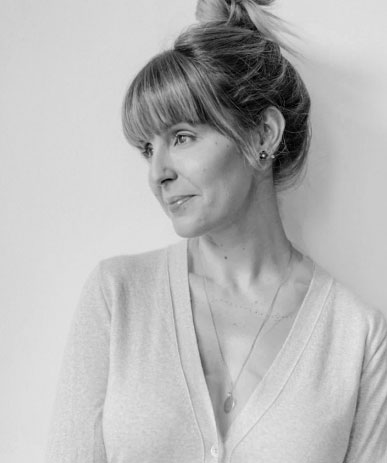
is an author, speaker, columnist, and podcaster in the fields of architecture and decorative arts. She is completing her MA in Art History at Concordia University, Montréal, and holds a Bachelor of Commerce with a major in Marketing from John Molson School of Business. She studied Industrial Psychology in Los Angeles, California. Sicotte is the author of two published books on design (2015, 2018) published by Les Éditions Cardinal.

is a Colombian PhD candidate in the Department of Art History at Concordia University. She has a background in architectural design and community activism and holds a master’s degree in Building and Urban Design from the Bartlett School of Architecture in London, England. Her interests focus on socially-engaged art, social movements, collaborative activism in post-conflict scenarios, collectively-produced art, and art produced in relation to the built environment.
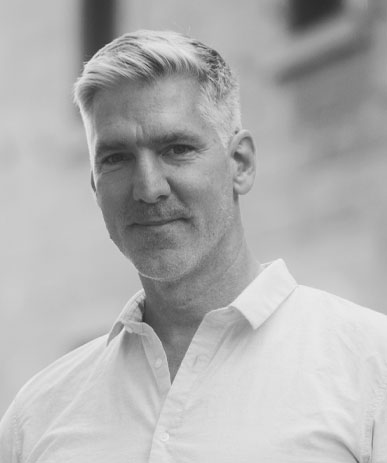
is a PhD candidate in Humanities at Concordia University. His research focuses on spatial agency, social aesthetics, youth narratives, and graphic representations of urban memory. He has published on the relationship between children, play, and public space in Cartagena, Colombia. He has also worked as an editor on literary projects, including Territorio Fértil, which received the María Nelly Murillo Hinestroza award for Afro-Colombian literature.
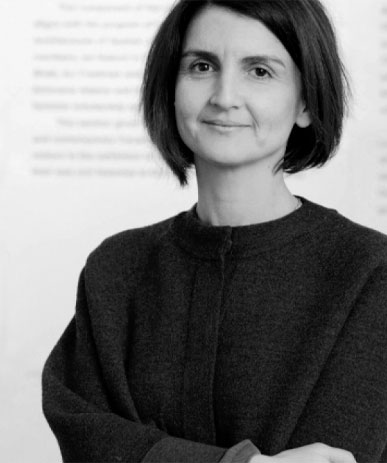
is Associate Professor and Canada Research Chair in Architectures of Spatial Justice (Tier 2) at the Peter Guo-hua Fu School of Architecture at McGill University, Montréal, Québec, Canada. Her research interests include low-income housing and participatory design, civil protest and urban design, and campus landscapes and race. Her publications include the co-edited book, Orienting Istanbul (2010) and solo-authored book, Istanbul Open City (2018).
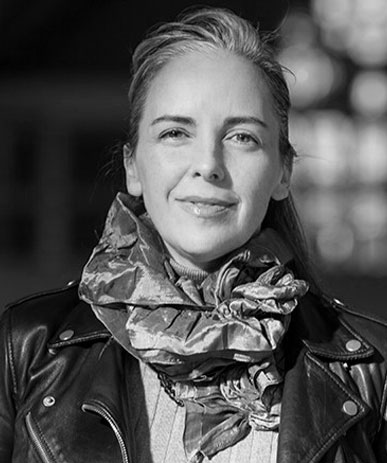
is an artist and a professor of Art History at Concordia University. Her work focuses on women and the history of the built environment, urban landscapes, research-creation, and oral history. She has published on the spatial history of the suffrage movement, public art, gardens, and the politics of urban change. In addition to her research on the spaces of restorative and transitional justice, she is leading an oral history project on the urban memories of diverse Montrealers.
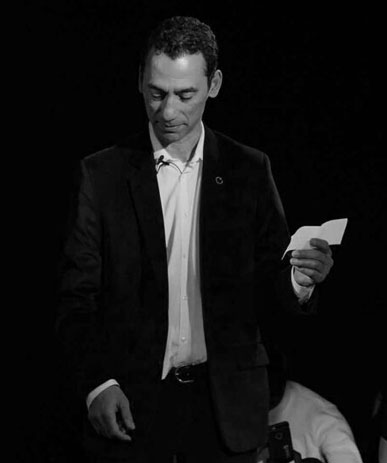
is Associate Professor in the Department of Theatre at Concordia University, Montreal (Quebec, Canada). He is also the second co-director of Concordia’s Centre for Oral History and Digital Storytelling. His latest publications explore listening in the context of post-conflict performances of memory. For instance, see ‘Facilitating voicing and listening in the context of post-conflict performances of memory. The Colombian scenario.’ In: De Nardi, S., Orange, H., et al. Routledge Handbook of Memoryscapes. Routledge: London. (2019), and his article ‘Not being able to speak is torture: performing listening to painful narratives’. International Journal of Transitional Justice, Special Issue Creative Approaches to Transitional Justice: Contributions of Arts and Culture. (March, 2020)